The work I did to build the Javiense Short Biographical Dictionary posted on the internet, I have to say that it gives me a lot of satisfaction since so far I have received notices from people who inquire into the same background of yours, and consult it, and sometimes they write to me to request new data if I have them, and the truth is that sometimes I can extend something to you or give you guidelines so that you can obtain new information.
On this occasion I am going to introduce Jaime Buigues Buigues, a character absent in the Dictionary and who I think deserves to be in it or at least give a few touches on his life, which I have achieved with an exceptional informant in the person of his son; Bartolomé Buigues Bolufer, who has lovingly managed to preserve those parcels of family history, that if a family member does not know how to preserve them, sometimes due to neglect, disinterest or negligence, they are lost, and recovering them later is very difficult, as they do not have a person to keep them to transmit that family history to the descendants.
What his son told me, I have linked it with other data that I have among the papers in my archive and with them I present the figure of the one who was mayor in 1937. Jaime Buigues Buigues sinks his roots in 1813 in the line of that second councilor who fleeing the French, he settled on the island of Portitxol and there the child was born, whom they named Cristóbal. Jaime Buigues Buigues, born in 1892, was mainly dedicated to the flour business and to the export of raisins and almonds, both having a raisin dehuller and an industrial-type almond dehuller in his home warehouse.
But apart from that dedication to work, he made his first steps in local politics. On May 31, 1931, the Town hall with Felipe Buigues Guardiola, owner, as independent mayor and Jaime Buigues Buigues, also owner, as first deputy mayor. The circumstance occurs that the 14 components of the City Council were all listed as owners, although their political affiliation took different paths.
On July 27, 1936, the Executive Committee of the Popular Front was constituted, of which Felipe Buigues Guardiola appears as mayor of popular election and whose committee was increased at the beginning of August by another two people, its constituent number being eight members.
The events of those first months of the civil war led Felipe Buigues Guardiola to resign at the beginning of 1937 because he felt powerless to face daily situations and Jaime Buigues Buigues as first deputy mayor assumed the mayoralty.
At a certain moment, one morning he saw a large number of excited people approach his house in the Convent square to ask him to order the owners to give work to the needy and in any case pay. A picket of the Civil Guard was placed in front of his house to avoid greater evils while he called the Civil Governor of Alicante to tell him what was happening and what he could do about it. The Governor replied "Fix them as you can."
The situation deteriorated quite a bit to the point that someone told him: "they are going to get you." This warning caused him to take refuge in Alicante, and later to other places to avoid being caught. While in Xàbia they seized his warehouse with flour and converted the block of his house into the block of the Committee. Later they burned the riurau that he had next to the 'booth'.
As the family had stayed in Xàbia, after a while he wanted to return to see his wife and children. A friend, afraid of the existing controls on the road from Alicante to Xàbia, took him by car until in Villajoyosa, he told him that he was not going any further and that they should turn back. Jaime told him to return the friend but that he was going to Xàbia and to save the controls he was walking at night, jumping margins and avoiding the road so that he arrived with his feet waste and his clothes destroyed.
He took refuge but one day someone knew where he was and they went to get him, they took him to the barracks and put him to work with more people to make a canal that goes from the point of the current Health Center to what is now the Mediterrània school (until recently Vicente Tena). His health was deteriorating and he was locked up causing a claustrophobia that he could not bear. In the end he was released after the wife paid the 30.000 hard demanded for his release.
There is a document signed by the priest D. Pedro Lloret of September 18, 1941 in which, answering a questionnaire, he alludes to the excesses that occurred without citing people, noting that it is not known that blacklists were formed in the immediate revolutionary actions to the war, and that in the face of the excesses that occurred there was no reaction on the part of the people or denunciations to the parish priests and priests.
Well, Jaime Buigues was called in 1942 by the City Council and like Pedro Lloret, he wanted to turn the page. They called him to report in the so-called "general cause" on the people who had participated in the violence of the moment and in a desire to turn the page, he replied that he did not know anything.
The consequence of all these experiences was the gradual deterioration of his health that led him to die on August 8, 1959 at the age of 67, although he was able to enjoy tobacco a little earlier as shown in the pack of 'Ideales' cigars, the box of matches and two cigarette paper booklets that his son Bartolomé keeps with real affection.
When he shows me these objects the emotion clouds his face. Jaime did not get to see the little red leaf of the cigarette paper booklet, as Miguel Delibes said in his novel The red leaf, published precisely that year 1959, marks the end of the booklet. He died when the red sheet of a cigarette paper booklet was approaching.

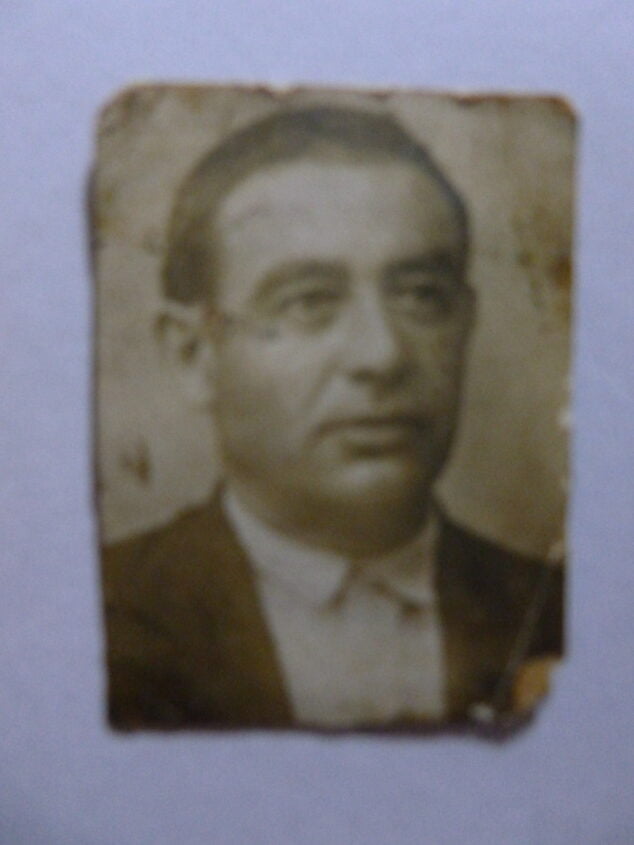
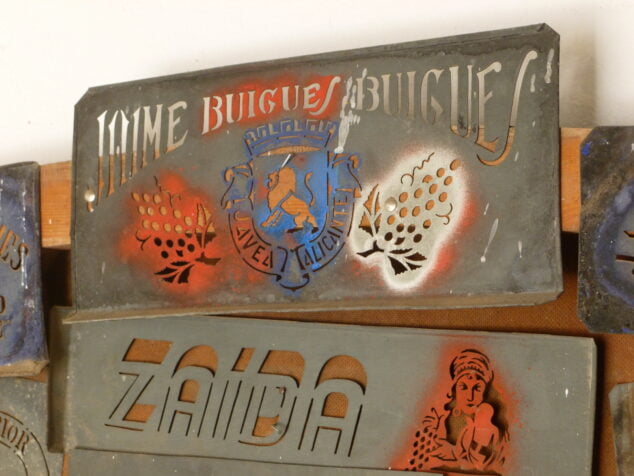


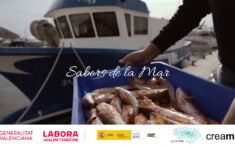
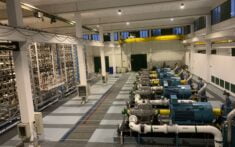
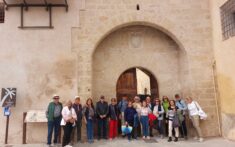
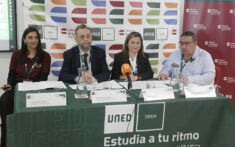
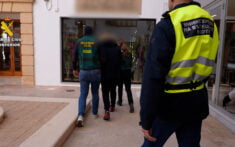
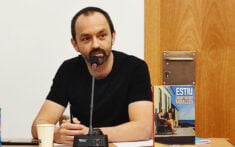
On this day there has been an interesting coincidence and it is that Robert Llopis i Sendra has published in Marina Plaza a work with the title of 'Unionists of the CNT of Xàbia (1919-1936)? " where in the last paragraphs the mayor Jaime Buigues Buiges is named with the same affirmation as what is stated in this article.
My name is Jaime Buigues Torres, the first male grandson of Jaime Buigues Buigues, mayor of Jávea in the first troubled and tragic year of the Spanish civil war. Apart from bearing with great honor the name and surname of the one who was my grandfather and who was also my godfather at my baptism, I am the eldest son of Bartolome Buigues Bolufer, the only son of Mayor Jaime Buigues. I want to remember with great appreciation, admiration and enormous nostalgia the memory of a great man from Jávea, an important businessman and no less exemplary father of a family, my dear grandfather, Jaime Buigues Buigues.